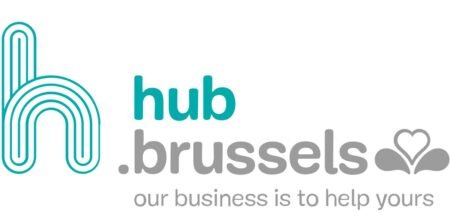In a fresh bid to cut red tape, the EU is set to cut EUR 400 million in annual administrative cost for European companies, with the aim of boosting growth and investment across the Single Market.

“This package will cut a further €400 million from the cost of doing business in the EU, adding to the more than EUR 8 billion savings already identified so far this year,” said Economy Commissioner Valdis Dombrovskis.
The measures – which include a new category of small-mid caps – boost incentives for SMEs to scale up, digitise regulatory processes, reduce red tape, and support an EU goal to cut administrative costs by 25% overall and by 35% for smaller businesses (SMEs) by the end of this mandate.
Small mid-caps
Currently, when SMEs grow beyond 250 employees, they are classed as large enterprises – leading to a sharp increase in compliance obligations. This ‘cliff-edge’ can discourage growth and limit competitiveness, says the Commission. It is therefore identifying a new category of companies, small mid-caps (SMCs), i.e. companies with fewer than 750 employees; and either up to €150 million in turnover or up to €129 million in total assets.
These small mid-caps – nearly 38,000 companies in the EU – will access for the first time certain existing SME benefits, such as specific derogations under the General Data Protection Regulation (GDPR) or simplified rules, such as prospectus rules making listing of SMCs on the stock market simpler and less costly.
Exemption from Fluorinated greenhouse gas registration
From 2026, around 10,000 companies will no longer need to register in the EU F-gas Portal under proposed changes.
Currently, all importers and exporters of products containing Fluorinated gas (F-gases) must register. Around 2,000 new companies request registration each month, many of them small car dealers importing or exporting a few second-hand cars with an F-gas in the air-conditioning system. The proposed change will reduce compliance burden for smaller firms handling limited trade volumes while maintaining the climate objectives of the Regulation.
Risk-based record-keeping
Today’s proposal simplifies the record-keeping obligation in the GDPR, taking into account specific needs and challenges of SMEs and organisations, while ensuring the rights of individuals are protected. The proposal exempts SMCs and organisations with fewer than 750 employees, in addition to SMEs.
SMEs, SMCs and organisations with fewer than 750 employees will only be required to maintain records when the processing of personal data is “high risk” under the GDPR.
From paper to digital
The proposal will accelerate the digital transition, eliminating cumbersome paper-based requirements in product legislation. Current EU rules still require companies to provide paper-based declarations of conformity, instructions for use, and others.
Legal certainty through common specifications
Companies, including SMEs and SMCs, will have a clear path to demonstrate that their products meet EU requirements, even when EU-wide harmonised standards are not available. This will offer them more legal certainty, reduce costs, and increase competitiveness.
Smoother phase-in of due diligence obligations for batteries
To help the battery industry navigate the challenges of sourcing raw materials in uncertain times, the Commission is giving companies more time to prepare for new due diligence rules.
The deadline for complying with these rules will be pushed back by two years, from 2025 to 2027. This also offers more time for the setting up of third-party verification bodies.
In addition, the due diligence guidelines will be published one year before the obligations take effect, to give timely guidance to businesses and help ensure smoother implementation of the new rules.







